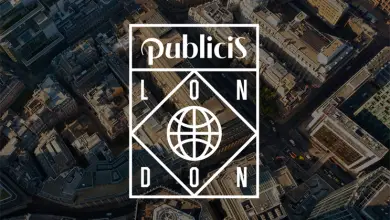Purpose-washing is everywhere and it gives advertising a bad name
Companies like to project an image of good corporate citizenship, and generally turn to their marketing departments to make sure everyone know about it.
Increasingly, though, they are getting found out, and advertising often gets the blame. Consumers have had enough, as Havas’ new report showed this week: 72% of people are tired of brands pretending they want to help society when they just want to make money.
A new report by climate action group Badvertising claims that major car brands are collectively ploughing $4.5 billion into “greenwashing” through sport sponsorship each year, while lobbying behind the scenes to delay climate policy.


Toyota, for example, is currently providing “sustainable mobility solutions” for the Giro d’Italia cycling (just one of 94 sponsorships across 23 sports), while BMW has recently become the official “sustainability partner” for Real Madrid football club.
This week Gucci dropped its claim to be “entirely carbon neutral,” a lie it has been telling since 2019, while the Advertising Standards Authority – following a spate of ad bans for fake green claims – is making plans for stricter policing of terms like “carbon neutral,” “net zero” and “nature positive.”
The backlash against Bud Light’s use of trans influencer Dylan Mulaney – which came not just from the anti-trans brigade but from trans allies who disputed Bud’s credentials in this area – is now followed by controversy around a Miller Lite ad.
Miller Lite’s ad for International Women’s Day (above) apologised for a history of sexist beer advertising, and has been criticised for being too “woke” – mainly by right wingers, but also by people tired of brands paying lip service to good causes.
Purpose-led initiatives are getting tired. Even Unilever’s hugely successful Dove “Real Beauty” campaign, surely the best example of purpose in action, can ring a bit hollow when you look at how far the company is hiking up prices during the cost of living crisis.
At the same time, gambling ads’ “gamble responsibly” warning is a poor smokescreen that does nothing to address the harm it can cause in society, while the ad industry’s continued fight back against HFSS ad restrictions – while understandable – is not necessarily a good look.
Purpose washing is getting out of hand. Advertising agencies may need to think more carefully about being so complicit in the hypocrisy; it’s dragging everyone down.









